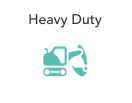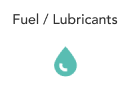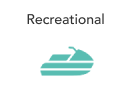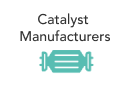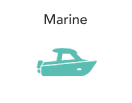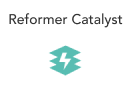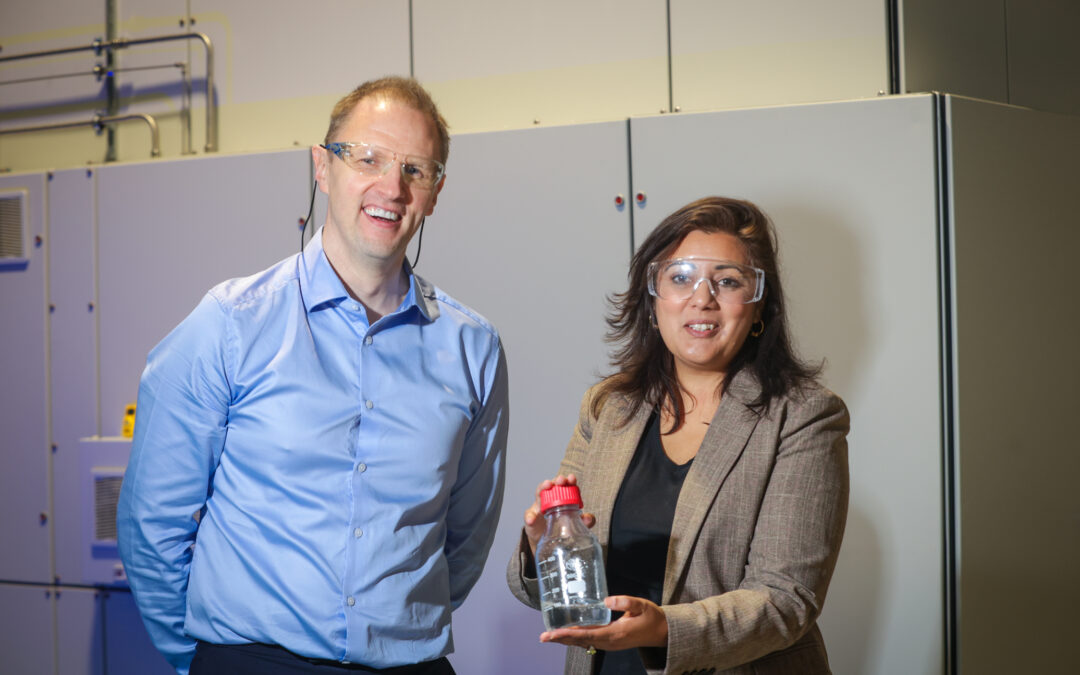Dr Andrew Woods, CEO at CATAGEN welcomed UK Minister of Science Nusrat Ghani to its Belfast Net Zero Technologies Centre on Tuesday 11th October. The CATAGEN team showcased its new net zero prototypes that have been funded by the UK Department of Business, Energy and Industrial Strategy including the Green Hydrogen Generator and
E-Fuel Generator.
CATAGEN, a leading net zero emissions and air quality technology company is successfully developing a range of new technologies focused on cleaning and decarbonising the air, as part of its mission to deliver greener and healthier environments.
UK Science Minister Nusrat Ghani said:
“Technologies like green hydrogen which are being pioneered here at CATAGEN can help end our dependency on volatile and expensive fossil fuels, and support our transition to clean, affordable, home-grown energy. We are determined to support companies like these, creating high-skill jobs and fuelling economic growth across every part of the UK.”
In the last year alone, the company has successfully patent protected five new technologies and the company is focused on accelerating its efforts to prove and deploy innovative new climate tech systems to create an alternative to fossil fuels for difficult to decarbonise sectors. Dr Andrew Woods said “As well as offering an enormous economic opportunity for the region, deploying these technologies at an industrial scale will help to address the challenge posed by increasing energy costs and the rising and very real threats posed by climate change. We are seeing tremendous demand for these innovations across many markets but there are steps still to take to make our climate technology system a mass deployed commercial reality. We welcome having Minister Ghani onsite today to showcase the wonderful work and ingenuity displayed by our brightest minds who are working on this exciting and challenging endeavour”.
CATAGEN’s technology poses a real opportunity for the renewable energy sector in the UK and Ireland to store and utilise energy in the form of green hydrogen, bio-hydrogen or e-fuel, providing energy security on these shores and the capability to export the technology and expertise overseas. It welcomes any intervention to increase the number of onshore and offshore wind and other renewable developments to support this goal. CATAGEN is on track to deliver full scale demonstrators in 2024 and plans to scale the business significantly in the next 3-5 years.
The company actively supports the STEM sector and sees Net Zero as a flourishing employment opportunity for Northern Ireland for the next 50 years plus. It was the first company in Northern Ireland to receive an UKRI Future Leadership Fellowship Award and has supported many of its team to PhD level.
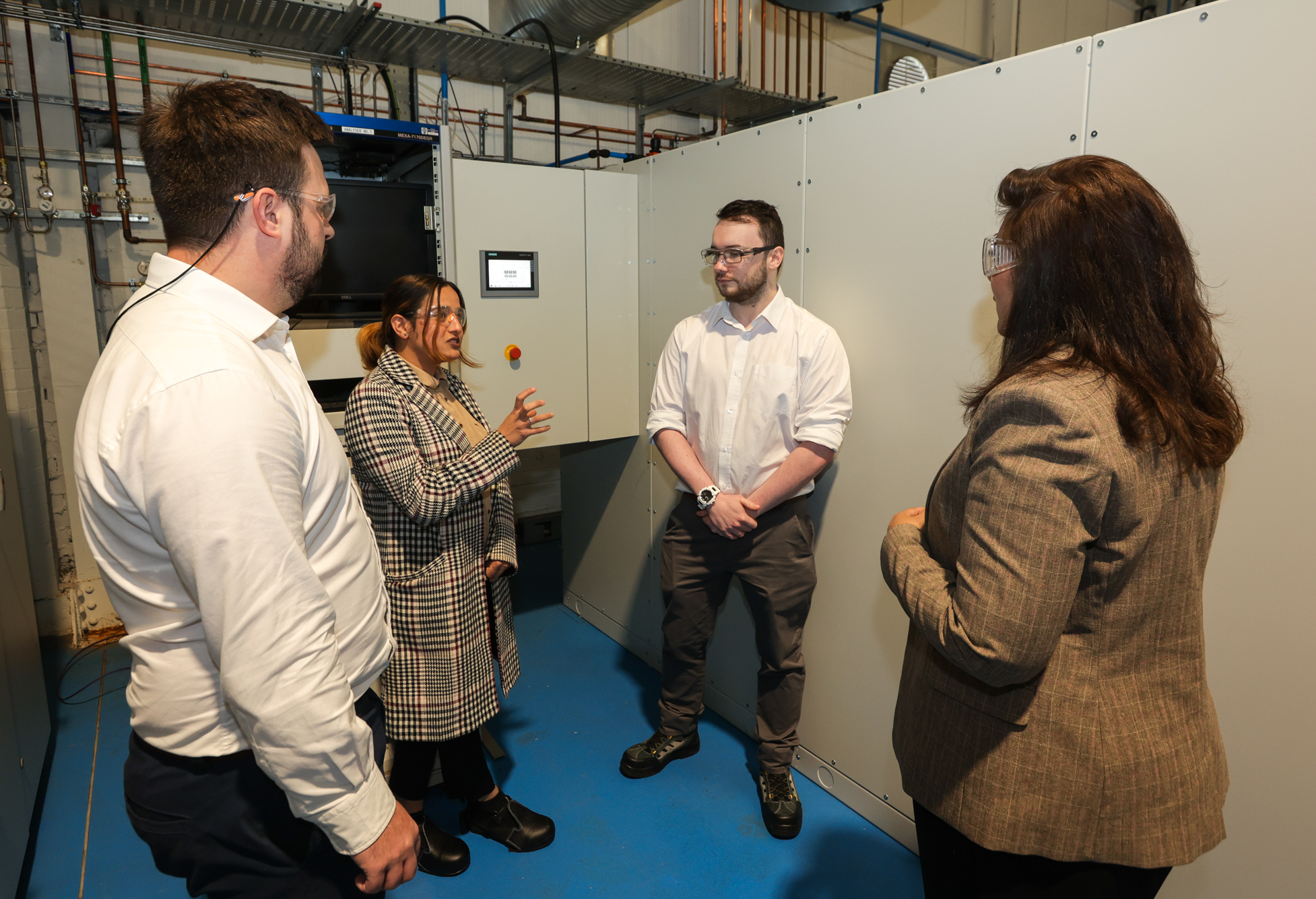
Notes:
CATAGEN provides a range of emissions tests for aftertreatment systems to leading global auto and motorcycle companies using proprietary OMEGA technology. The energy efficient and green technology reproducibly replicates an engine exhaust composition for:
– Standard gasoline or diesel
– Hybrid powertrains
– E-Fuels, hydrogen combustion, biofuels, ethanol engines or natural gas engines
As aftertreatment emissions specialists CATAGEN are delivering advanced solutions that will have direct impact on our cities and air quality. Reducing tailpipe emissions remains one of the biggest challenges facing the global automotive industry. Reaching a solution involves precision testing and we have unrivalled expertise through our research, software and patented testing technology.
This expertise is now leading to the development of new Net Zero Technologies to further reduce emissions including the production of green hydrogen, e-fuels and a personalised emissions data platform that will track the emissions pollution created by a user’s vehicle.
CATAGEN has received 5 awards from the Department for Business, Energy & Industrial Strategy’s Net Zero Innovation Portfolio:
BEIS’s Low Carbon Hydrogen Supply 2 Competition
- Low cost production of green hydrogen gas using enhanced recirculating gas reactor technology
This project combines CATAGEN’s recirculating gas reactor technology to create a production machine for high-efficiency green hydrogen production. The process uses water as the net feedstock and renewable electricity enabling zero-carbon H₂ production and Oxygen as a by-product.
The output of the project will mean green hydrogen can be produced with reduced energy input, reduced operating costs and lower capital expenditure compared to conventional methods. Further efficiencies are possible due to the high thermal inertia proposed with such a system, allowing maximum energy utilisation from fluctuating power supplies. This means renewable energy can be better utilised for hydrogen production and the cost of production reduced. As experts in recirculating gas reactor technology, CATAGEN is ideally placed to develop this technology taking it through to production.
- Low-Cost Production of Liquid Hydrogen Fuel Carrier Using Enhanced Recirculating Gas Reactor Technology
The objective of this project is to determine the feasibility of developing new capabilities and technologies to combine with known recirculating gas reactor test technology to yield a production machine and process that can produce green syngas with a subsequent second stage reaction to a high density, easily transportable green e-fuel (such as a long chain hydrocarbon). This new process will utilise green hydrogen and CO₂ sequestered from the air as feedstock, with the proposed new production reactor and process to be powered using renewable electricity – resulting in a carbon net-zero, hydrogen-based fuel which can be utilised to help decarbonise existing fleet and difficult sectors such as marine and aviation.
BEIS’s Hydrogen BECCS (bioenergy with carbon capture and storage) Innovation Programme.
3. Creating Bio-Hydrogen from Biomass
The proposed CATAGEN solution has the potential to produce renewable biohydrogen from waste biomass with efficiencies in costs and CO2. This project aims to determine the feasibility of developing new capabilities and technologies to develop such a solution.
BEIS’s Red Diesel Replacement Competition
4. High Pressure Hybrid Pumping System for Hydrogen Storage and Dispensing
This project looks to develop an alternative approach that overcomes issues with current methods of delivering high pressure hydrogen for storage, transportation and dispensing at fuelling stations with a new system and process. Existing methods employ large gaseous compressors with intercoolers to deliver hydrogen gas. These methods are relatively inefficient, expensive to manufacture and display various operational issues in use, such as overheating and high fuelling times.
5. E-fuel as a drop-in replacement for red diesel
The project is to determine the feasibility of developing new capabilities and technologies to combine with known recirculating gas reactor test technology to yield a production machine and process that can produce an easily transportable green Ediesel. This new process will utilise green hydrogen and CO2 sequestered from the air as feedstock, with the proposed new technology production reactor and process to be powered using renewable electricity resulting in a carbon NET ZERO process. The output of the project will mean Ediesel can be produced at a renewable energy site alongside green hydrogen production.
About BEIS
Department for Business, Energy & Industrial Strategy
This funding has been made available from the government’s £1 billion Net Zero Innovation Portfolio, which aims to provide funding to support innovation in hydrogen BECCS (bioenergy with carbon capture and storage) technologies. Hydrogen BECCS aims to accelerate the commercialisation of innovative clean energy technologies and processes through the 2020s and 2030s.
More Content:


